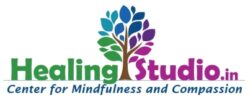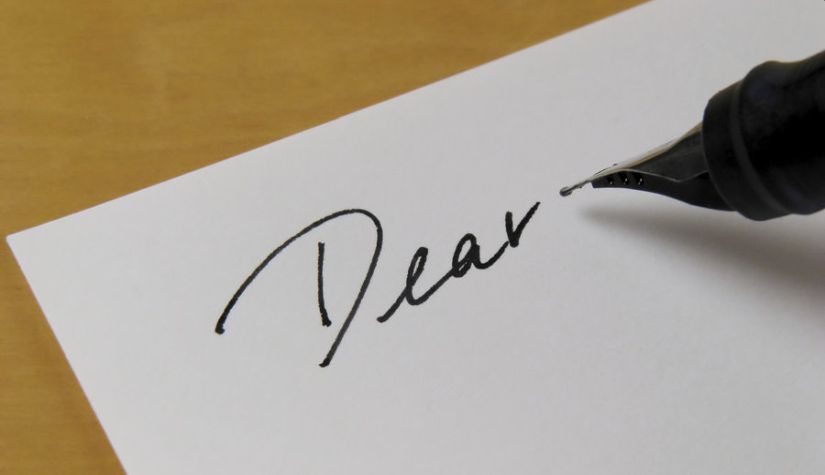My supervisor asked, “Why don’t you write a letter inviting him to therapy?”, my reflex was, “No!”. This exchange was way back when I was undergoing Couples and Family Therapy training and I was seeing a family for therapy and it seemed that the son was reluctant to ‘join’ the therapy and hence the brilliant suggestion by my supervisor. So far in my practice before this incident, for some reason, writing a letter to a client was boundary crossing, that is what I had understood. So, when my supervisor suggested me to write a letter to a prospective patient to invite him to therapy, it was a big NO.
Maybe, it was the training that I received until then, that one has to maintain a therapeutic boundary with the patient. Moreover, that kind of training underpins ideas of authority, power and hierarchy. Later when I went back home, I gave it a thought and I realized that boundary crossing shouldn’t necessarily mean boundary violation. As a result, the outcome of me writing the letter was many folds, first, the experience of writing the letter to my prospective-patient felt very authentic to me, I felt a deep connection to family-patient, and second, it had a cathartic effect on the family and, finally, the son warmly replied to my letter as well giving his perspective.
Formally, I came across writing documents when I first started learning narrative ideas and practices. Since for a long time, documents have been used to control and categorize people, they have been used to represent and to marginalize. Documents can liberate or limit, documents can empower or imprison. The report card, the caste, class and domicile cards, the birth certificate, the psychiatric and medical reports, etc. to name a few which have been complicit in reproducing very narrow understandings on what a worthwhile life looks like.
I have particularly seen tremendous transformation in personal narratives and behaviors when the letters are addressed and exchanged with the ‘externalized dominant problem’. In two particular such cases of substance use, my patients were able to overcome their urge to drink, leading to drastic reduction in frequency and quantity of consumption, when they had through letters negotiated a relationship with ‘Ms. Alcohol’.
Since then I have written and co-created documents, collectively, in collaboration with my patients, through the medium of cards, letters, songs, poems, murals, and images that subvert dominant discourses, documents that celebrate the particular, the strange, the unique, the extraordinary, documents that expose problems and the ways in which they operate, documents that link lives together, that open up cracks in the walls of our therapy rooms, and open up space for hope. Documents that help contribute to rich story development and magnify the local and preferred than the dominant.
Do you want to learn to co-create documents to create a rich personal story?
How to make an online appointment at Healing Studio:
Please go through this intake page, it contains information about, fees, duration, mode of fee payment etc.
Call: +91 702 144 0454 or WhatsApp to make an appointment!

